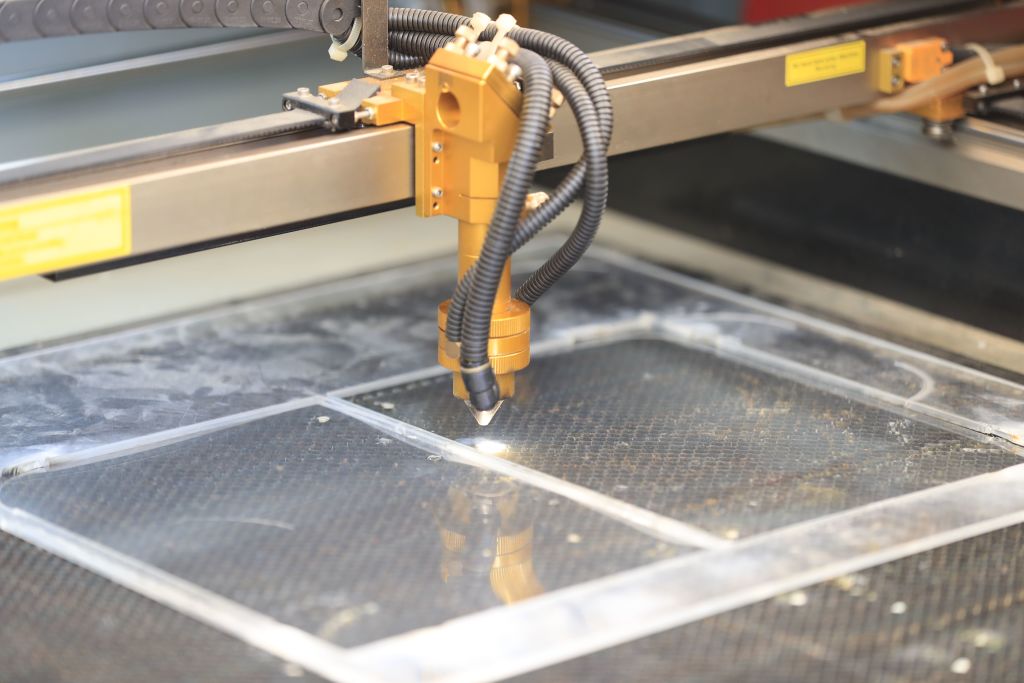Scientists are 3-D printing miniature human organs to test coronavirus drugs


A free daily email with the biggest news stories of the day – and the best features from TheWeek.com
You are now subscribed
Your newsletter sign-up was successful
Whether the goal is to find a treatment for COVID-19 or another disease, scientists often have to conduct preliminary tests on animals to determine whether the drug is safe or effective in people. It's not always a one-for-one comparison, but The New York Times reports there may be a new way around that step going forward: 3-D printing.
For example, Anthony Atala, the director of the Wake Forest Institute for Regenerative Medicine, and his team are using 3-D printers to create tiny replicas of human organs, including miniature lungs and colons, which are particularly affected by the coronavirus. They send them overnight for testing at a biosafety lab at George Mason University.
The idea predated the coronavirus — Atala said he never thought "we'd be considering this for a pandemic" — but it could come in handy and help expedite the experimental drug process, especially since Atala said his Winston-Salem, North Carolina-based lab can churn out thousands of printed organs per hour. "The 3-D models can circumvent animal testing and make the pathway stronger from the lab to the clinic," said Akhilesh Gaharwar, who directs a lab in the biomedical engineering at Texas A&M University. Read more at The New York Times.
The Week
Escape your echo chamber. Get the facts behind the news, plus analysis from multiple perspectives.

Sign up for The Week's Free Newsletters
From our morning news briefing to a weekly Good News Newsletter, get the best of The Week delivered directly to your inbox.
From our morning news briefing to a weekly Good News Newsletter, get the best of The Week delivered directly to your inbox.
A free daily email with the biggest news stories of the day – and the best features from TheWeek.com
Tim is a staff writer at The Week and has contributed to Bedford and Bowery and The New York Transatlantic. He is a graduate of Occidental College and NYU's journalism school. Tim enjoys writing about baseball, Europe, and extinct megafauna. He lives in New York City.
-
 The EU’s war on fast fashion
The EU’s war on fast fashionIn the Spotlight Bloc launches investigation into Shein over sale of weapons and ‘childlike’ sex dolls, alongside efforts to tax e-commerce giants and combat textile waste
-
 How to Get to Heaven from Belfast: a ‘highly entertaining ride’
How to Get to Heaven from Belfast: a ‘highly entertaining ride’The Week Recommends Mystery-comedy from the creator of Derry Girls should be ‘your new binge-watch’
-
 The 8 best TV shows of the 1960s
The 8 best TV shows of the 1960sThe standout shows of this decade take viewers from outer space to the Wild West
-
 Maxwell pleads 5th, offers Epstein answers for pardon
Maxwell pleads 5th, offers Epstein answers for pardonSpeed Read She offered to talk only if she first received a pardon from President Donald Trump
-
 Hong Kong jails democracy advocate Jimmy Lai
Hong Kong jails democracy advocate Jimmy LaiSpeed Read The former media tycoon was sentenced to 20 years in prison
-
 Ex-Illinois deputy gets 20 years for Massey murder
Ex-Illinois deputy gets 20 years for Massey murderSpeed Read Sean Grayson was sentenced for the 2024 killing of Sonya Massey
-
 Sole suspect in Brown, MIT shootings found dead
Sole suspect in Brown, MIT shootings found deadSpeed Read The mass shooting suspect, a former Brown grad student, died of self-inflicted gunshot wounds
-
 France makes first arrests in Louvre jewels heist
France makes first arrests in Louvre jewels heistSpeed Read Two suspects were arrested in connection with the daytime theft of royal jewels from the museum
-
 Trump pardons crypto titan who enriched family
Trump pardons crypto titan who enriched familySpeed Read Binance founder Changpeng Zhao pleaded guilty in 2023 to enabling money laundering while CEO of the cryptocurrency exchange
-
 Thieves nab French crown jewels from Louvre
Thieves nab French crown jewels from LouvreSpeed Read A gang of thieves stole 19th century royal jewels from the Paris museum’s Galerie d’Apollon
-
 Arsonist who attacked Shapiro gets 25-50 years
Arsonist who attacked Shapiro gets 25-50 yearsSpeed Read Cody Balmer broke into the Pennsylvania governor’s mansion and tried to burn it down
